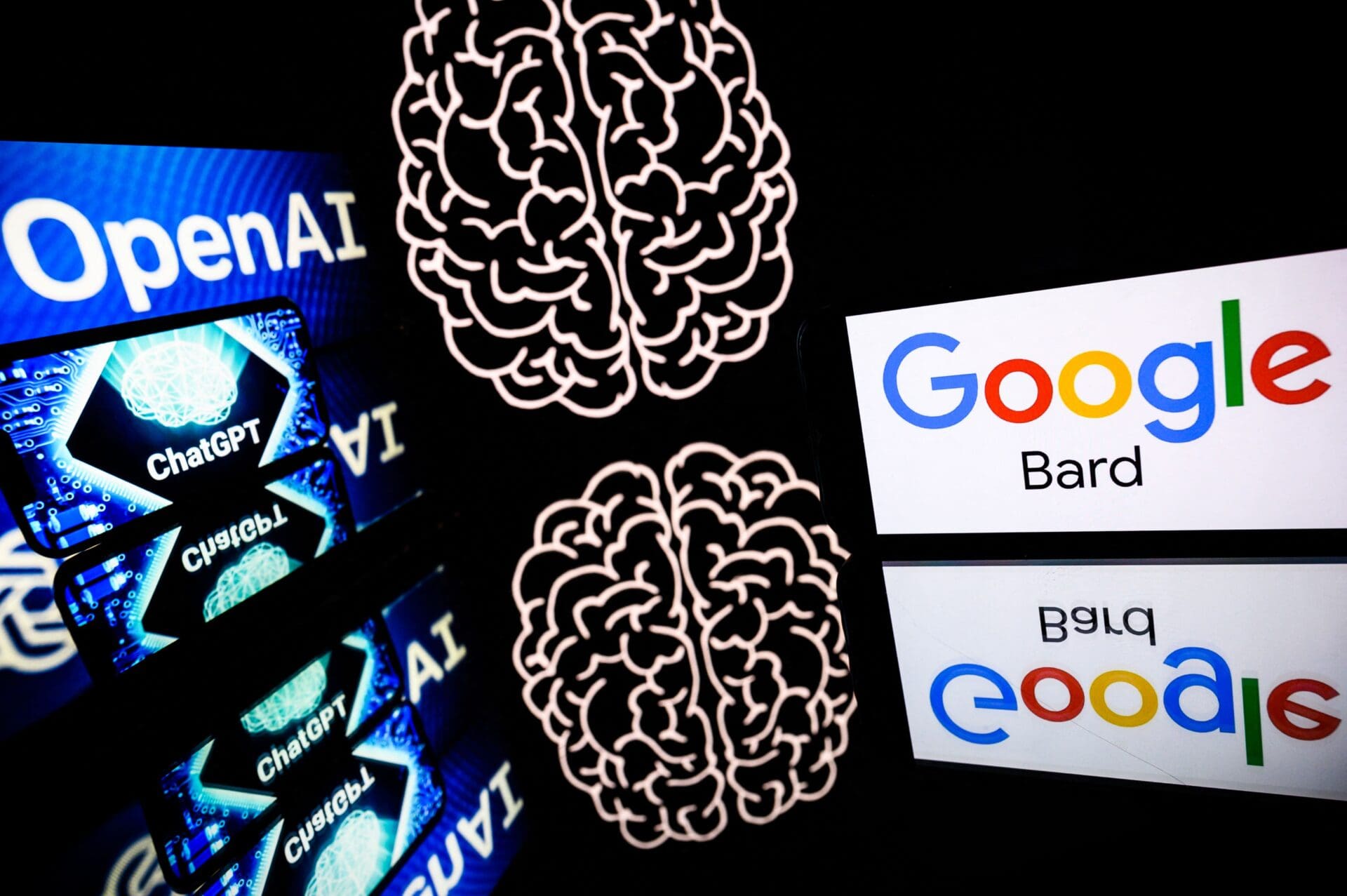Hungary’s updated Artificial Intelligence Strategy is nearly ready to be submitted to the government, according to László Palkovics, the government commissioner for AI. Speaking at a conference jointly organized by the Federation of Economic and Scientific Societies (GTTSZ) and Budapest Metropolitan University (METU), he emphasized the growing importance of AI both globally and domestically.
Palkovics noted that since the country’s original strategy was introduced in 2020, significant progress has been made in AI adoption within Hungary. A growing number of institutions are now embracing the technology, moving from scepticism to active exploration of its potential. However, the accelerating pace of technological advancement has made a strategic update essential.
He acknowledged that even this revised strategy may need further adjustments within a few years, given how fast the field is evolving. ‘AI is now seen as a strategic asset by every developed country,’ he said, pointing out that its global significance continues to rise.
One of the key priorities identified for Hungary is unlocking the potential of the nation’s vast data reserves. While the country possesses extensive databases, Palkovics argued that their value is not being fully utilized. Improving the efficiency of Hungary’s data economy will therefore be a major goal of the new strategy.
Looking ahead, the commissioner highlighted a wide range of sectors where AI could deliver transformative benefits: public administration, transportation, taxation, healthcare, and even personalized skill development. He also pointed to the importance of test environments and AI in autonomous vehicles, as well as the potential for producing humanoid robots based on Hungary’s automotive manufacturing capabilities.
Palkovics added that AI applications could also play a significant role in national defence through the development of intelligent security systems, while industrial AI could improve manufacturing processes and supply chains—especially for SMEs, which currently lag in adoption.
Rigó Csaba Balázs, President of Hungary’s Competition Authority (GVH), stressed the need for collective effort to ensure the broad adoption of AI technologies. He echoed the importance of helping small businesses adapt, warning that technological progress currently favours large international tech companies. In this context, he said, competition authorities must protect both consumers and the market access of smaller players.
According to GVH market analyses, AI could enhance the competitiveness of Hungarian firms. Rigó also emphasized the cultural and security implications of developing AI systems based on smaller national languages, underlining their relevance for data sovereignty and the preservation of cultural identity.
He announced that Microsoft has committed to training its AI systems on a Hungarian language dataset containing 10 billion words, following a recent competition oversight procedure that concluded on 30 May. Rigó believes this move could significantly improve the user experience for Hungarian consumers and facilitate AI integration across local businesses.
Related articles:







